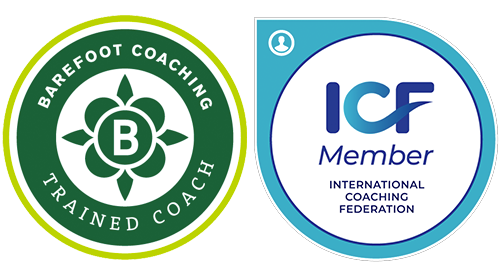As it is world book day, I am sharing something that I witnessed last week in Waterstones at the Trafford Centre. I was with my 13-year-old daughter Maria who had a voucher to spend from Christmas. I confess, as a reluctant reader when I was young, it isn’t my influence that has given Maria her love of reading. Her dad is passionate about reading and has always insisted on taking the kids to book shops rather than library. They can spend hours, pondering over various authors, titles and different genres before making the final decision of what to buy.
I love the fact that Maria has her own autonomy when it comes to her taste in books. These visits often stimulate her curiosity and she often buys a book completely out of the norm. We have discussions about the ‘blurb’; whether it sounds scary or girly; sci-fi or historic; too easy or too hard going.
Back to Waterstones. We had just entered the young adult section when I heard a woman raise her voice, “You’re not reading another book from that author. All you ever read is that stuff. You need to read something else.” Her son, who looked about 14, gloomily browsed the shelves, obviously not really looking. He was followed by the shrill nagging voice. “This one sounds good, what about this? I read this when I was your age.”
Maria raised her eyebrows at me in disbelief and I couldn’t help but watch what happened next. The boy basically showed no interest, his head down, wandering aimlessly until his mum took a book and under her breath said “you can read this”. As she went off to buy it, I wondered whether she could force him to read it too?
I am passionate about helping children to become confident, independent and resilient individuals with a strong sense of their own personal autonomy. This strength can be nurtured by helping them make their own decisions and by encouraging their opinions from an early age. I am not saying to let children ‘rule the roost’ and do what they want whenever they want. I am suggesting we help them to make good decisions but also face the natural consequences too.
Surely this was a perfect opportunity to encourage her son’s autonomy and decision making skills by having a healthy conversation. It could have been an enjoyable experience where she gained more understanding of her son’s personality. As parents, don’t we have a responsibility to help our kids find their own voice and be confident to express it too?
Are you a helicopter parent?
The term ‘Helicopter Parent’ has negative connotations and is sometimes attributed to this generation. I think it is derived from parents who are seen to hover closely, having an input in almost every part of their children’s lives, supressing their autonomy. The idea being, if we are always there to make decisions for them, picking up the pieces and solving their problems, how will they cope when they are thrown into the real world?
What can we do to help build our children’s autonomy, self-worth, confidence and resilience?
- From an early age encourage discussion and allow them to speak out.
- Listen to their opinions, challenge them but respect them.
- Allow them to make choices and receive the consequences.
- Help them to share their problems with you but encourage them sort them out.
- Embrace their unique personalities, they are not you.
- Let them make mistakes and help them to learn from them.
On the way home Maria mentioned what had happened in the shop and felt so sorry for the boy. She said:
How can anyone tell someone what they should enjoy reading, it’s like telling them what to think.
I couldn’t have put it better myself.



